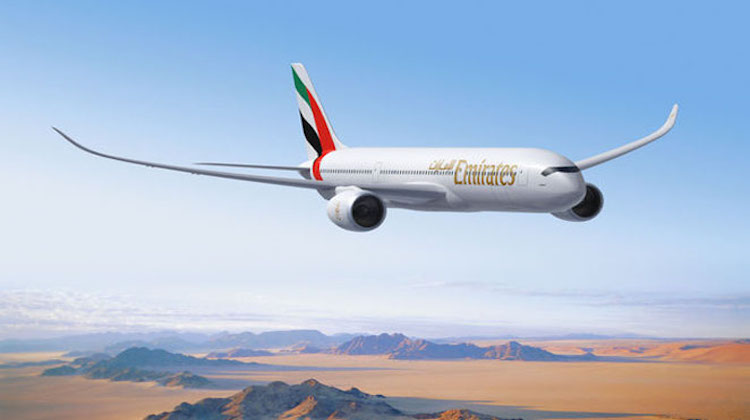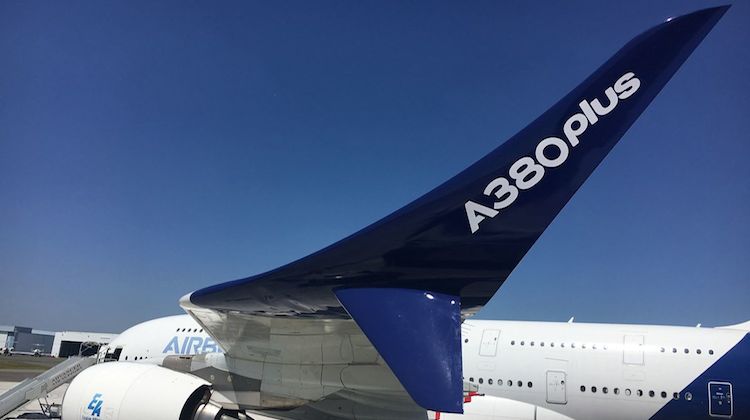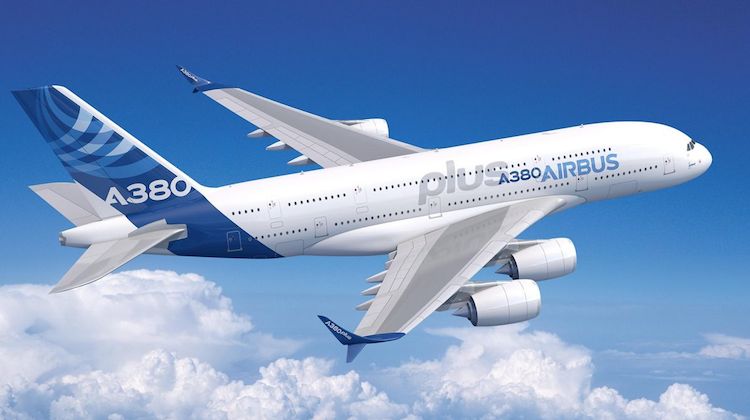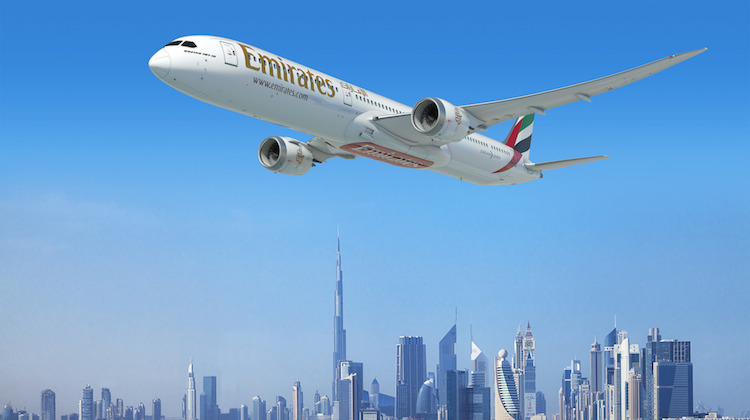
Airbus has confirmed media reports it is in talks with Emirates regarding the airline’s existing orders for A380 aircraft.
The aerospace company issued a statement on Thursday evening (European time) regarding the matter after Reuters reported Emirates was considering changing its recent order for 36 A380s to the Airbus’s A350.
“Airbus SE confirms it is in discussions with Emirates Airline in relation to its A380 contract,” the Airbus statement said.
“The details of Airbus’ commercial discussions with customers remain confidential.”
In January 2018, Emirates signed a memorandum of understanding (MoU) with Airbus to purchase an additional 36 A380s. The MoU comprised orders for 20 aircraft and an option for 16 more of the type.
At the time, Airbus said the Emirates MoU would ensure the A380 would remain in production for the next two decades.

However, concerns began to emerge in the months following the signing of the MoU as negotiations between Emirates and engine maker Rolls-Royce over the supply of engines for those A380s dragged on.
The Reuters report said Airbus was open to offering its A350 family of aircraft to Emirates while trying to find other airlines willing to take A380s.
“Airbus is trying to broker a complex workaround which could see Emirates take smaller jets also powered by Rolls-Royce while it tries to secure homes for as many A380s as possible,” the report said.

Emirates A380 order regarded as a key to ensuring the program remains in production
The Emirates MoU broke a 21-month period without any A380 orders.
At December 31 2018, there were 321 total orders for the A380, with 234 aircraft delivered and 87 aircraft in the backlog, according to the Airbus website.
Emirates is the largest of the A380’s 14 operators by some margin, with 109 in the fleet and a further 53 on order at December 31, according to the Airbus orders and deliveries figures.
The next largest operator is Singapore Airlines (SIA), which has 19 A380s, followed by Lufthansa with 14. British Airways and Qantas are next with 12 each.
The A380, which is world’s largest passenger aircraft, has struggled for sales in recent time, with carriers preferring twin-engine variants to serve their long-haul routes.
In response to the weakness in the very large passenger aircraft market, Airbus has slowed the production rate of the A380 from 15 aircraft delivered in 2017 to 12 aircraft in 2018. The company has said previously it expected to deliver eight A380s in 2019.
Airbus has also sought to make the A380 more efficient and improve the aircraft’s operating economics through features such as new fuel saving winglets.
Packaged together and called A380plus, the initiatives included extending maintenance intervals, aerodynamic changes to the wing and previously announced “cabin enablers” to add more seats.


Emirates had previously been an A350 customer, having ordered 50 A350-900s and 20 A350-1000s in 2007.
However, it cancelled the order in 2014 following the airline’s fleet review and delays to the A350 program.
Airbus had been hoping to win Emirates back to the A350 as the airline restarted negotiations with both Airbus and Boeing for its future widebody needs.
Instead, it was Boeing that secured an order for 40 787-10s that was announced at the 2017 Dubai Airshow. The aircraft were due to be delivered from 2022.





